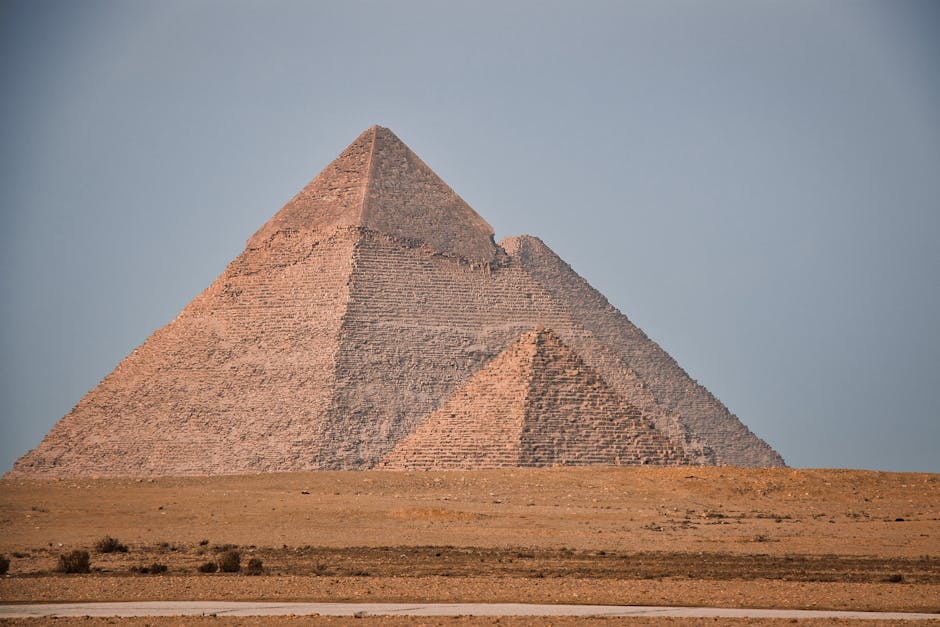The relentless dance of conflict has profoundly reshaped political landscapes throughout history. From the ancient city-states locked in perpetual skirmishes to the modern nation-states engaged in global power struggles, warfare has acted as a powerful catalyst for political change, frequently re-drawing boundaries, altering governance structures, and reshaping the very fabric of societies. Examining this intricate relationship through the lens of historical and archaeological evidence reveals compelling insights into the dynamic interplay between armed conflict and the evolution of political systems.
Early examples highlight the critical role of warfare in the emergence of complex political entities. The rise of Mesopotamian city-states, for instance, was inextricably linked to their capacity for defence and conquest. Archaeological findings demonstrate periods of intense military competition, characterized by fortified walls, elaborate siege weaponry, and the emergence of standing armies. These defensive measures suggest not just a need for protection but also an ambition for territorial expansion, driving the consolidation of power and the development of early forms of centralized governance. The constant threat of external aggression fostered a sense of collective identity and a need for coordinated action, thus accelerating the transition from fragmented settlements to more unified political entities.
Examining the ancient Mediterranean provides further insight into this connection. The Peloponnesian War, for instance, showcased how protracted conflicts could dramatically impact the political landscape of Greece. The devastating consequences of the war, exemplified by the destruction of cities and the disruption of trade routes, destabilized existing power dynamics, prompting the rise of new hegemonic forces and ultimately contributing to the weakening of the Greek city-state system. The evidence unearthed from archaeological sites, like the remnants of fortified cities and battlefields, vividly portrays the human cost and the profound political repercussions of such wars. Similarly, Roman expansionism is not just a story of military prowess but also a narrative of political transformation. Their conquests, fueled by a sophisticated military organization and a pragmatic approach to incorporating conquered territories into the empire, resulted in the creation of a vast and complex political structure, impacting the legal systems, infrastructure, and social hierarchies of subjugated regions. Detailed analyses of Roman roads, aqueducts, and administrative records paint a compelling picture of how warfare fostered the consolidation of political power and the extension of Roman influence across a significant portion of the known world.
Moving beyond the classical world, the impact of warfare continues to be evident throughout medieval and early modern Europe. The Hundred Years’ War, a protracted series of conflicts between England and France, left an indelible mark on the political landscape of both nations. The war led to significant shifts in royal power, with monarchs gaining increased control over their subjects and the development of more sophisticated military organizations. The rise of national consciousness and the consolidation of national identities were directly correlated with the sustained military engagements that shaped the geopolitical realities of these eras. Furthermore, the interplay between warfare and political organization is evident in the evolution of feudal systems. The need for protection and the logistical demands of maintaining armies directly shaped the development of hierarchies and the exchange of land and resources within these societies.
In the modern era, the relationship between warfare and the political landscape becomes increasingly complex. The rise of nation-states and the development of sophisticated military technology have fundamentally altered the dynamics of conflict. World War I and World War II, for instance, profoundly reshaped the political map of Europe and the world. The creation of new nations, the redrawing of borders, and the rise of new political ideologies are inextricably linked to the immense human and material costs of these global conflicts. Beyond the physical destruction, these wars led to ideological shifts, impacting the development of international organizations and the establishment of new geopolitical alliances. The Cold War exemplifies this modern interplay, as the ideological struggle between the United States and the Soviet Union, played out across proxy wars and the threat of nuclear annihilation, created a profound and long-lasting division of the world into opposing blocs.
Archaeological investigations into these modern conflicts offer invaluable insights into the societal consequences. The remnants of battlefields, the mass graves, and the scarred landscapes of these conflicts stand as grim reminders of the human cost and the enduring political impact. The analysis of wartime propaganda, documents, and personal accounts can help illuminate the motivations behind these conflicts and their long-lasting effects on international relations, political ideologies, and the very identity of nations.
Examining the interplay between warfare and political landscapes is not simply about cataloging conflicts and their outcomes. It is also about understanding the long-term consequences the societal shifts, the technological advancements, the ideological transformations, and the enduring legacies that are forged in the crucible of war. Through a meticulous study of historical and archaeological evidence, we can gain a deeper appreciation for the profound and multifaceted relationship between armed conflict and the evolution of political systems throughout human history, illuminating the enduring and intricate dance between power, violence, and the shaping of political landscapes. The stories inscribed in the ruins of past battles, the fragmented remains of past armies, and the echoes of past conflicts serve as a powerful reminder of the indelible mark that warfare has left on the political evolution of humankind.
